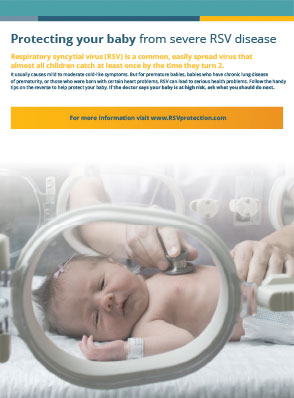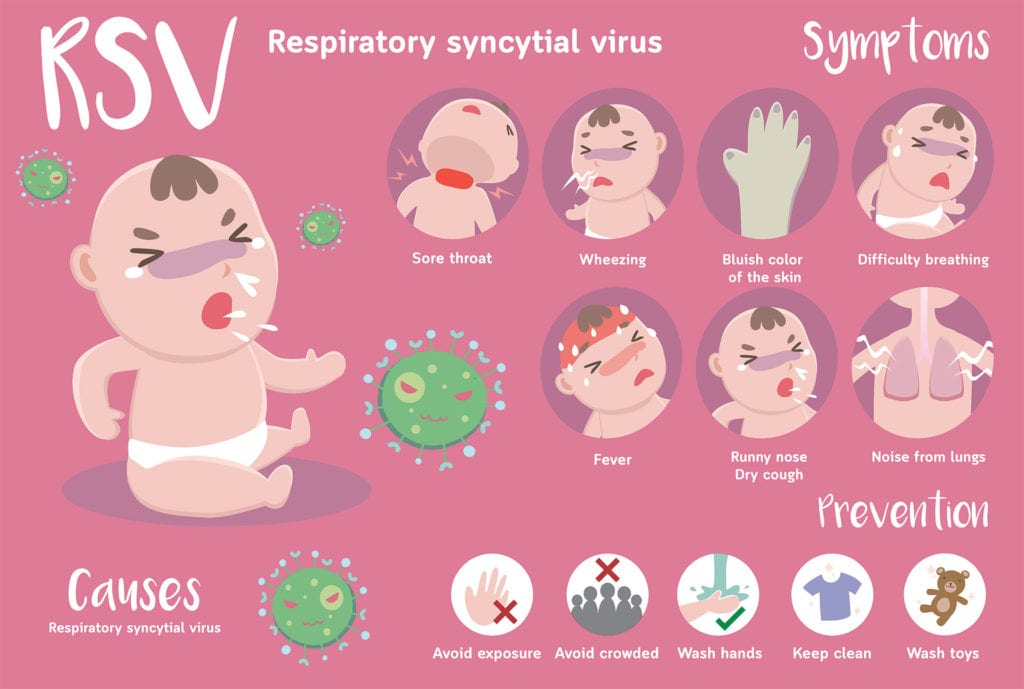
RSV is an extremely contagious virus that can cause serious health problems in humans. But only for a fraction of the population, common illness with RSV may result in serious, even life-threatening complications such as bronchial anoxia (lack of oxygen to the respiratory system) or pneumonia. RSV symptoms vary from person to person but are usually recognized by the following:
A wheezing, whistling, or high-pitched noise when they inhale. Being unusually tired or not feeling like sleeping. Frequent urination or lack of urine after eating or drinking.
Some people with RSV also experience fever and fatigue, loss of appetite, weight loss, chills or hot flashes, and vomiting, nausea, abdominal pain, diarrhea, constipation, and vomiting. Some people may also develop shortness of breath, weakness, headaches, and chest pains. Other people may develop chronic coughs or asthma. All of these symptoms could be signs of an underlying condition or be indicative of another serious health problem.
When someone has an illness with RSV, medical attention is required. The medical care should include tests for a variety of common illnesses and infections, blood tests, and viral cultures to identify the specific virus, its carrier, and other possible causes of serious health problems.
Most people with RSV will respond to simple home remedies. There are a few basic steps that should be taken to avoid or minimize RSV symptoms. One is to always wash their hands before touching or eating animals, such as animals or farm animals.
It is important to use a good quality hand sanitizer after handling animals, especially pets, and after handling raw meat, poultry, eggs, or dairy products. Many people find the use of an alcohol wipe or wipes to be helpful. Another simple way to minimize the spread of RSV is to avoid direct contact with animals and other people who have the disease.

As mentioned earlier, RSV symptoms may occur immediately after being exposed to the virus
If the symptoms are mild or moderate, one should take the necessary measures to avoid the virus as soon as possible. These are usually to avoid further contact with the infected person, clean up after themselves and others, avoid coughing or sneezing, limit physical exertion, try to stay warm or cool to reduce the spread of virus particles, stay away from animals that may have the virus, wear goggles and gloves when around sick animals, avoid sharing food and water, use gloves and masks during exercise, stay home if possible, avoid crowded spaces, and avoid close contact with family and friends of those with the illness.
If you experience any of these RSV symptoms it is important to go see your doctor right away. Do not wait until you experience severe symptoms before you seek help.
To reduce the spread of the RSV virus, it is very important to prevent contact with infected animals. People should make it a point to wash their hands after handling animals and after touching objects that contain animal feces. They should also avoid direct contact with animals, including handling animals, if they have any doubt about whether they have the virus or have never had contact with them. A good way to keep animals from contacting other people is to use plastic bags that can be placed over infected animals while they sleep.
To reduce the chances of other people becoming infected, it is very important to refrain from sharing food or water. with those who do not have an existing illness, even if they look healthy. This includes hospital patients, nursing homes, children, and the elderly, especially women in pregnancy, nursing mothers with young children, and people with HIV/AIDS, those recovering from cancer or AIDS, as well as people living with HIV.
Since the spread of RSV is slow and difficult to stop, people also need to know how to treat the virus so that it does not spread to others. It is best to avoid direct contact with animals and other people who have diseases that can make them susceptible to the virus, such as diabetes, HIV and cancer. They should try to avoid sharing anything that appears to be sick, such as towels, clothing, food containers, sheets, and other similar items that may be contaminated.
It is important for people with RSV to practice safe sex, use condoms Duracore, and other forms of protection to keep themselves and others from contracting the virus. People with any medical condition should avoid kissing or having sex with people who have not been tested for the virus. They should also refrain from sex with people who seem healthier than they are.
